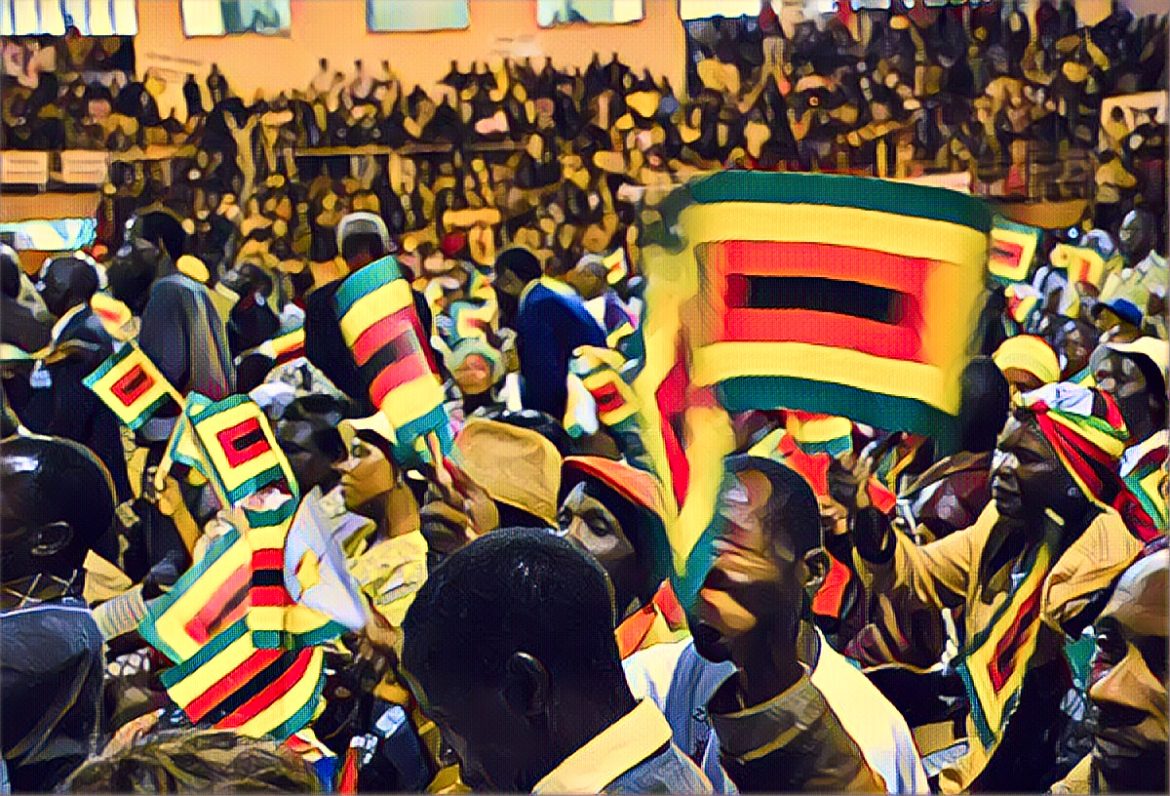The United Nations Human Rights Office has called on Zimbabwean authorities to immediately release several detained pro-democracy activists and opposition supporters. These arrests, occurring as the country prepares for this week’s Southern Africa Development Community (SADC) summit, have sparked widespread concern and condemnation both within Zimbabwe and internationally.
Zimbabwe has been a focus of intense political activity as the SADC summit approaches. In the days leading up to the event, the government has arrested several high-profile figures, including opposition leader Jacob Ngarivhume and human rights defenders Namatai Kwekweza, Robson Chere, and Samuel Gwenzi. These arrests are part of a broader crackdown on activists and opposition supporters, which the government claims is necessary to maintain stability. Authorities have accused those arrested of conspiring with foreign powers to destabilize the country.
The government’s actions have triggered a strong backlash from opposition parties, human rights organizations, and international observers. Critics argue that the arrests are politically motivated and aimed at silencing dissent ahead of the SADC summit, where Zimbabwe’s government is expected to face scrutiny over its human rights record and political climate.
Last week, Zimbabwean state security forces were deployed to the offices of several civil society organizations. These groups have been accused by the authorities of fomenting unrest in the lead-up to the SADC summit. In response, security forces have been placed on high alert, with deployments in the capital city of Harare and other areas deemed to be potential flashpoints. The government has stated that these measures are necessary to ensure peace and security during the summit, but they have also contributed to an atmosphere of tension and fear.
The UN Human Rights Office issued a strong statement condemning the arrests and calling for the immediate release of all individuals detained arbitrarily. The statement also emphasized the importance of protecting civic space, particularly during significant political events like the SADC summit. “We are concerned about reports of arrests, harassment, and intimidation of human rights defenders and political activists in the lead-up to the @SADC_News summit. We call for the immediate release of all those arbitrarily detained and protection of civic space,” the UN Human Rights Office declared.
The international community has closely monitored the situation in Zimbabwe, with many viewing the arrests as a test of the country’s commitment to democratic principles and human rights. President Emmerson Mnangagwa’s government has been trying to re-engage with the international community, seeking to improve Zimbabwe’s image and attract much-needed investment. However, the ongoing crackdown on political activists and the heavy-handed approach taken by security forces threaten to undermine these efforts.
Human rights organizations, both within Zimbabwe and abroad, have expressed deep concern over the government’s actions. They argue that the arrests represent a clear violation of fundamental rights, including the rights to freedom of expression, assembly, and association. These groups have called on the Zimbabwean government to respect these rights and to engage in dialogue with opposition parties and civil society organizations instead of resorting to repression.
The SADC summit is expected to provide a platform for discussing a range of regional issues, including economic cooperation, security, and governance. However, the arrests of activists and opposition figures in Zimbabwe are likely to overshadow the event, drawing attention to the country’s ongoing political and human rights challenges. The summit presents an opportunity for SADC member states to address these issues and to encourage Zimbabwe to take meaningful steps towards political reform and respect for human rights.
The arrests have also highlighted the broader issue of shrinking civic space in Zimbabwe. In recent years, the government has increasingly cracked down on civil society organizations, independent media, and political activists, using a variety of tactics to silence oppositions. These include restrictive laws, arbitrary arrests, and harassment by security forces. The result has been a climate of fear and intimidation, where those who speak out against the government risk persecution.
For President Mnangagwa, the arrests pose a significant challenge to his efforts to portray Zimbabwe as a stable and democratic country open to international cooperation and investment. Since taking office in 2017, Mnangagwa has sought to distance himself from the authoritarian legacy of his predecessor, Robert Mugabe, and to present a more reformist image. However, the recent crackdown on activists suggests that the government remains deeply intolerant of opposition, raising questions about the sincerity of its reform agenda.


